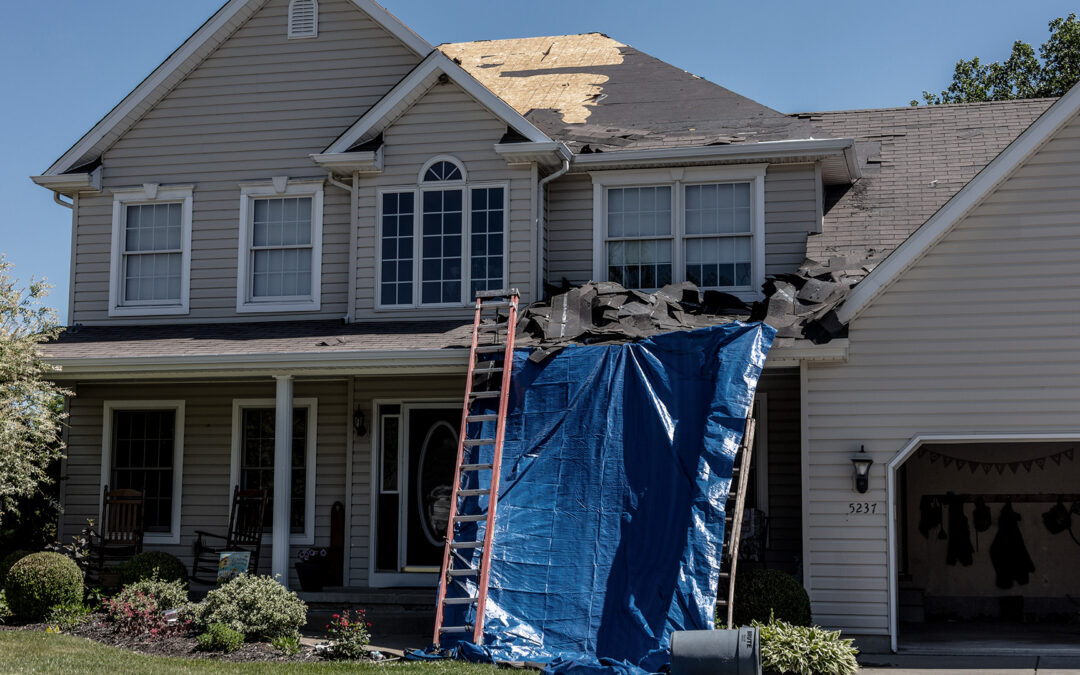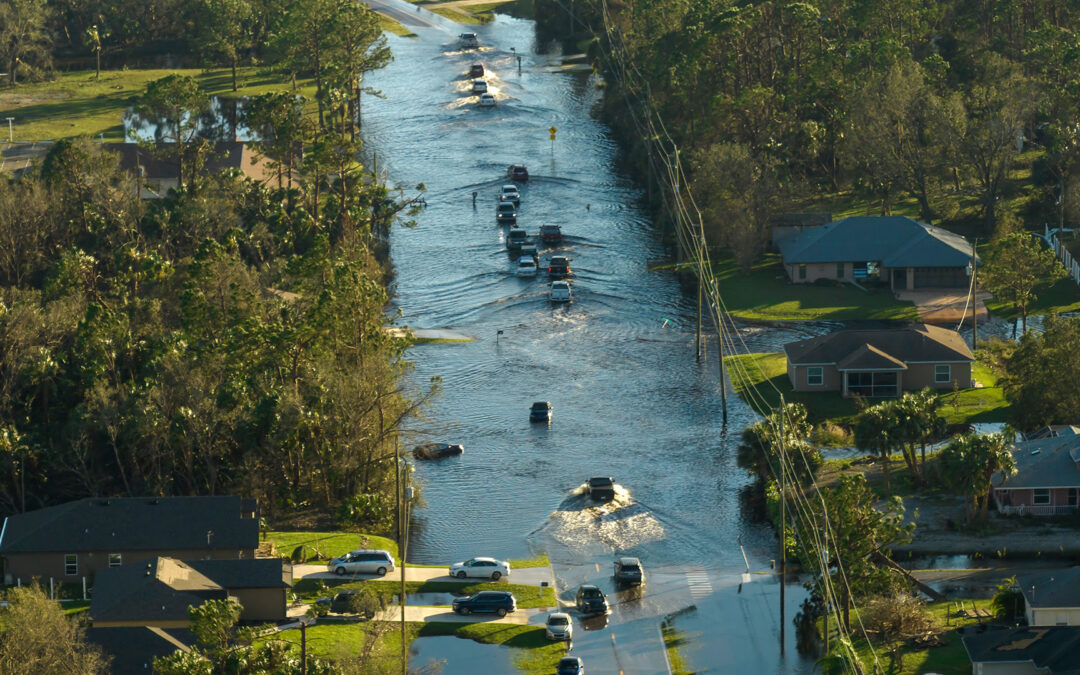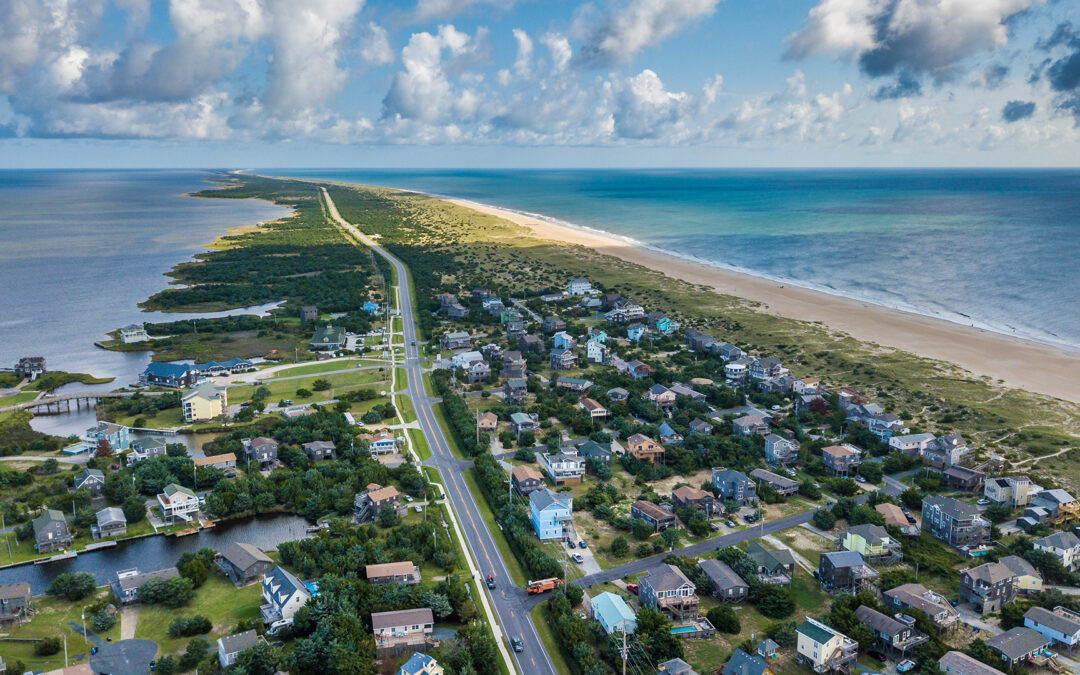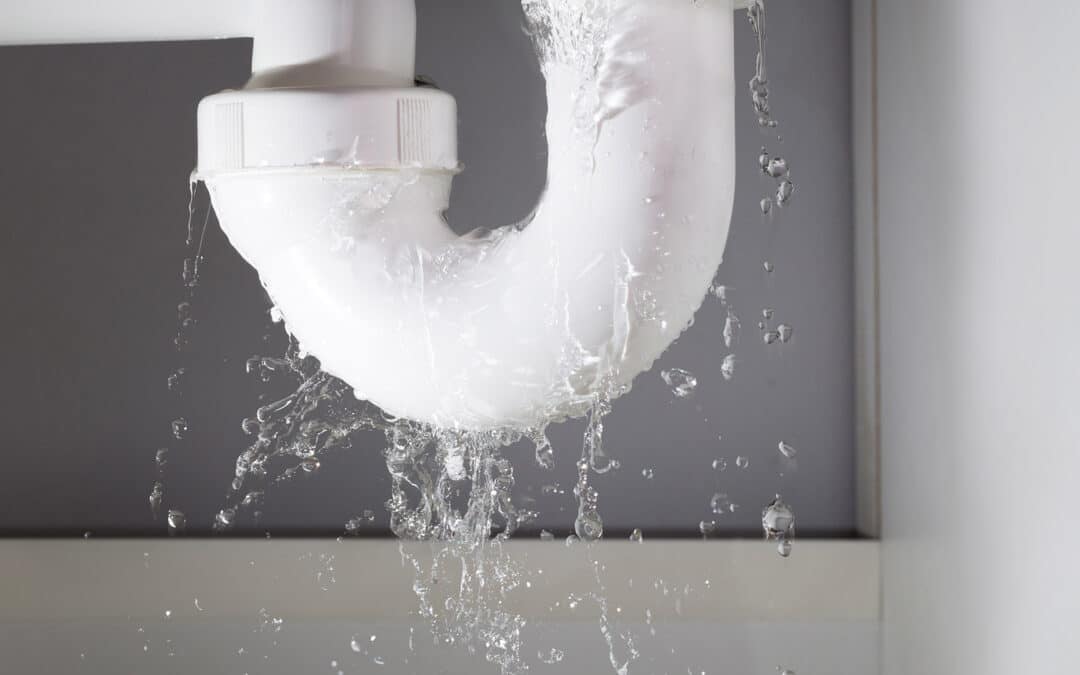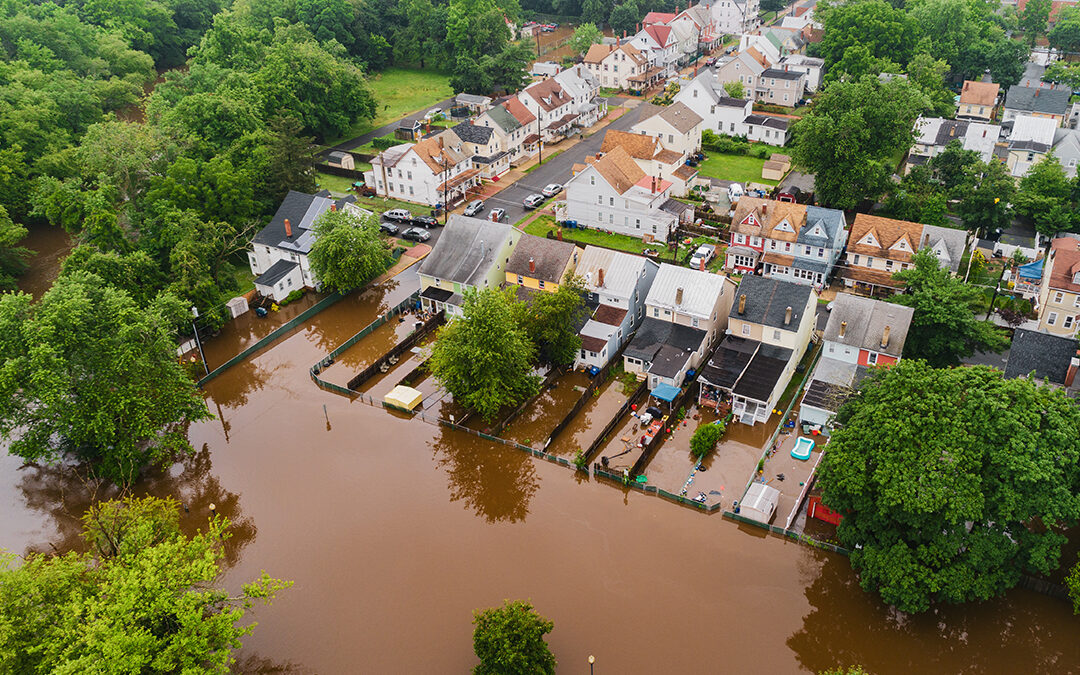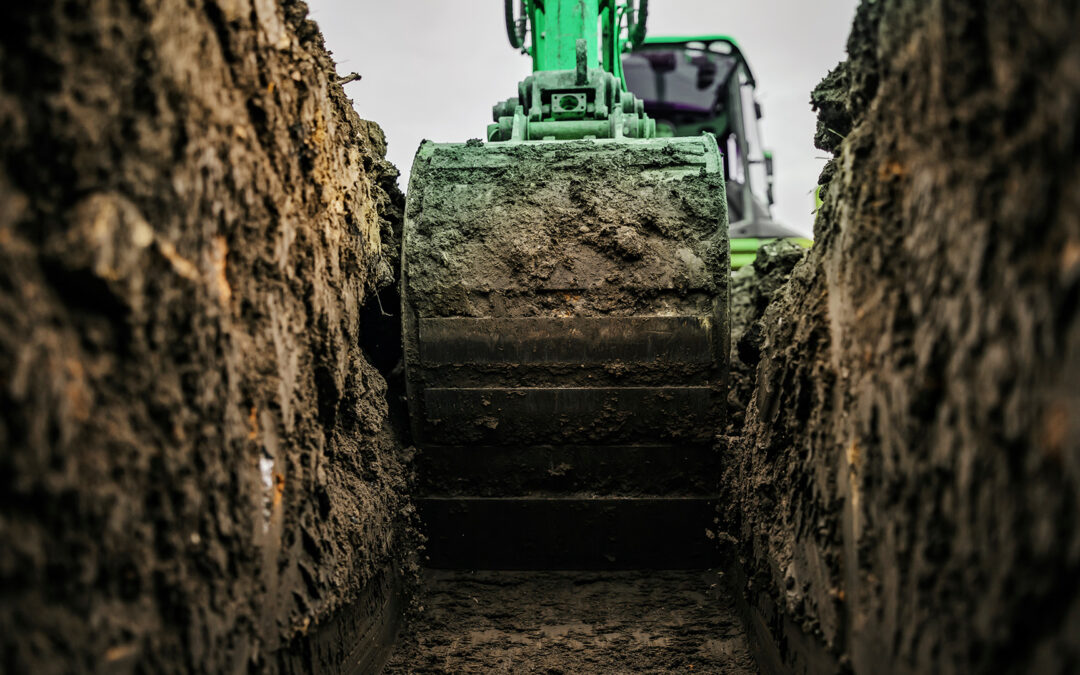Water damage is one of the most common causes of insurance loss claims. The Insurance Information Institute estimates that 1 in 60 insured homes will experience an insurance claim related to water damage or freezing, with an average claim loss of $12,514.
Despite the risks, fewer than 20% of homeowners rank non-weather water damage as their biggest damage concern. According to a recent report commissioned by the Hanover Insurance Group, many homeowners are grossly underprepared when it comes to water damage prevention. Less than 17% of homeowners have water sensors installed in their homes, while 85% have smoke detectors, 51% have fire alarms, 48% use security cameras, and 34% have intruder alarms.
Although quality insurance programs provide peace of mind and a financial buffer for recovery after water damage, preventing damage before problems ever arise is, of course, always ideal.
Top Tips for Water Damage Mitigation
Whether a client owns a modest home in the suburbs, a country-side mansion, or a mountain holiday retreat, the threat of water damage is a looming risk that’s best addressed proactively. Here are nine tips you can share with your successful homeowners clients to help them mitigate water damage risks, protect their valuable assets, and reduce claims on their insurance.
- Conduct Regular Home Inspections. High-value homeowners should prioritize routine property inspections to spot potential water risks early and prevent extensive damage. Professional inspectors can thoroughly assess the property for signs of wear and vulnerabilities. Pay close attention to the roof, plumbing, basement, and foundation, as these areas are often prone to leaks and structural issues. In addition, regularly check the hoses and faucets connected to appliances (like water heaters, dishwashers, washing machines, and ice makers) for cracks or leaks.
- Install Proper Drainage Systems. Effective drainage systems are crucial for preventing water damage. Ensure that your property has proper grading to direct water away from the foundation. Regularly inspect and clear away debris from downspouts and rain gutters, so water can flow freely through and out. Consider installing French drains, if needed, to divert water away from your foundation, further reducing the risk of flooding.
- Implement Leak and Flood Sensors. Homeowners with annual incomes of $100K or more are more likely to have home-alert devices, like smoke detectors and security cameras — yet only 22% of them have water sensors. Stay ahead of potential water damage by installing advanced sensors in vulnerable areas of a home that are prone to leaks and water accumulation — in basements and near water heaters, washing machines, and dishwashers, for example. Many sensors come with an app that will send alerts directly to your phone if there’s a problem. This allows you to monitor your property in real time and address issues early before they become bigger and more costly. This is particularly helpful for expansive properties with rooms that aren’t frequently used or properties that are left vacant for long periods of time.
- Install Automated Water Shutoff Devices. While water sensors can alert you quickly to possible problems, automated shutoff devices take smart home technology one step further. Automatic water shutoff systems can monitor water usage and — in case of a leak, burst pipe, or other unusual water flow — automatically shut the water supply off. This proactive approach can significantly reduce the extent of water damage and protect your valuable possessions and the building itself. This may be especially attractive for homeowners with properties located in remote locations that take longer to travel to.
- Invest in Quality Building Materials. Given the current high prices for building materials, many homeowners are looking for ways to cut down on new-build and renovation costs where they can. While shopping around, don’t be tempted to compromise on quality. Opt for high-caliber, water-resistant materials that are designed to withstand moisture and prevent water infiltration. Quality construction and design are essential to protecting your investment, ensuring the longevity of your property, and preventing costly repairs and replacements down the road.
- Plan Landscaping Strategically. When properly designed, landscaped grounds not only look beautiful but also prevent water damage by managing water runoff and drainage. Check with your gardeners and landscapers to make sure they’re paying attention to features such as grading, strategically placed vegetation, and permeable surfaces to direct rainwater away from your property — which can all reduce the risk of excess moisture and flooding. Be sure new shrubs and trees aren’t planted near utility pipes, where their roots can cause damage. Remove any deep-rooted vegetation that has outgrown the space.
- Create an Emergency Response Plan. While prevention is key, it’s also important to develop a well-structured emergency response plan, so you’ll know exactly what to do in the case of water damage. Acting swiftly can significantly reduce the impact of water damage to a property. Be sure your plan includes contact information for emergency services and reputable restoration companies that can promptly address any issues.
- Properly Protect and Store Belongings. Even with the best technology and prevention measures in place, accidents can always happen. Guard against these mishaps by storing valuable or off-season items in waterproof containers, and keep any possessions stored in basements up and off the floor. While you’re at it, make sure you have an up-to-date inventory of your possessions and valuables, in case you do need to make a claim to cover damages.
- Insurance Coverage Review. Successful Personal Lines clients should regularly review their homeowners insurance policies with their agent to ensure they have comprehensive coverage for water damage. Beyond property damage, verify that your insurance also covers high-value possessions, art collections, and any unique or valuable items within your home. Adequate coverage will provide peace of mind in the event of a water-related incident.
Jencap is your go-to resource for all your personal lines insurance needs. Our underwriters specialize in high-value homeowners coverage, including primary and excess flood. Whether your clients are looking for coverage to protect their primary residence or a secondary home, we can assist you in finding the insurance solutions they need. Contact us today to get a quote.

